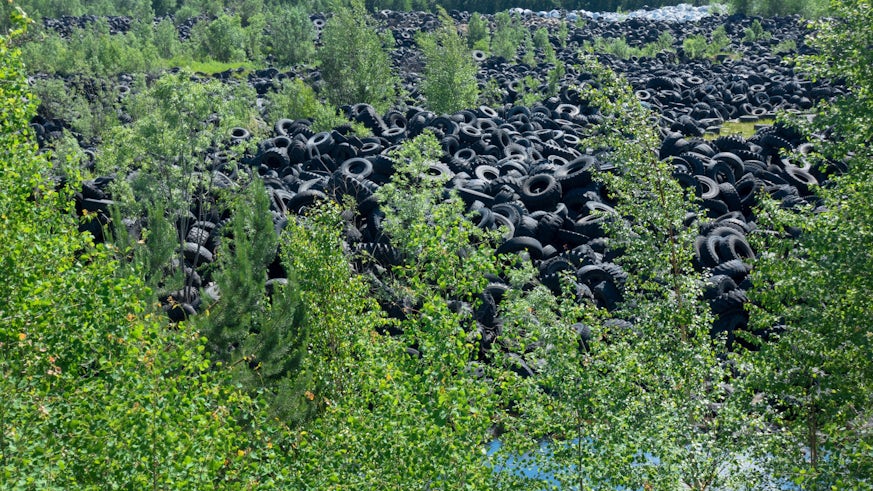Cardiff academic cited in United Nations environmental study
15 October 2018

A book on environmental crime by a Cardiff Law academic has recently been cited in a United Nations Study.
Dr Ricardo Pereira’s book, Environmental Criminal Liability and Enforcement in European and International Law(Brill, 2015) is widely cited in the United Nations Environmental Programme’s (UNEP) latest comprehensive environmental crime study The State of Knowledge of Crimes that have Serious Impacts on the Environment which was published this June.
The UNEP study includes discussion of key trends, gaps in enforcement and specific national and transnational responses to environmental crime in several countries. The study highlights the main drivers for environmental crime which include ‘the economic benefits, the ever-increasing demand, and the institutional and regulatory failure resulting in a sense of impunity’ (UNEP 2018 p.1, Pereira 2015). The study further assesses the extent to which demand in consumer countries, in particular in Asia, are driving environmental criminality globally. It notes that ‘countries in Asia are increasingly becoming major consumer markets of a wide range of illegal wildlife resources and products including rare highly valuable wood like rosewood’ (UNEP 2018 p.IX, Pereira 2015) and in particular that ‘wildlife parts, such as rhino horns and elephants tusks, are popular in some regions of Asia due to the belief in their medicinal benefits, as well as for ornamental reasons’ (UNEP 2018 p. 10, Pereira 2015).
The UNEP study further explores the extent of illegal exploitation of natural resources in specific sectors highlighting the cross-boundary nature of illegal trade. It refers to the case of illegal timber trade as a classic example of a market that flows predominantly from less developed countries to more developed countries (UNEP 2018 p.10, Pereira 2015) as well as to illegal waste imports which cross national borders easily and in particular ‘to countries that have weak or non-existent inspection systems and technologies available’ (UNEP 2018 p. 3, Pereira 2015). In terms of regulatory gaps and responses the authors of the study share Dr Pereira’s concerns that ‘regulatory gaps and deficiencies at the national and international levels mean that law enforcement, prosecution, and sentencing risks are lower compared to other criminal activities’ (UNEP 2018 p.2, Pereira 2015)
Developing on the theme of his book, Dr Ricardo Pereira’s most recent articles in the field of environmental criminal law are Towards Effective Implementation of the EU environmental crime directive? The case of illegal waste management and trafficking offences 26(2) (2017), Review of European, Comparative and International Environmental Law and Towards an international crime of ‘ecocide’? A commentary on the implications of the ICC Office of the Prosecutor’s 2016 Policy Paper on Case Selection and Prioritisation, Chinese Journal of International Law (forthcoming).
